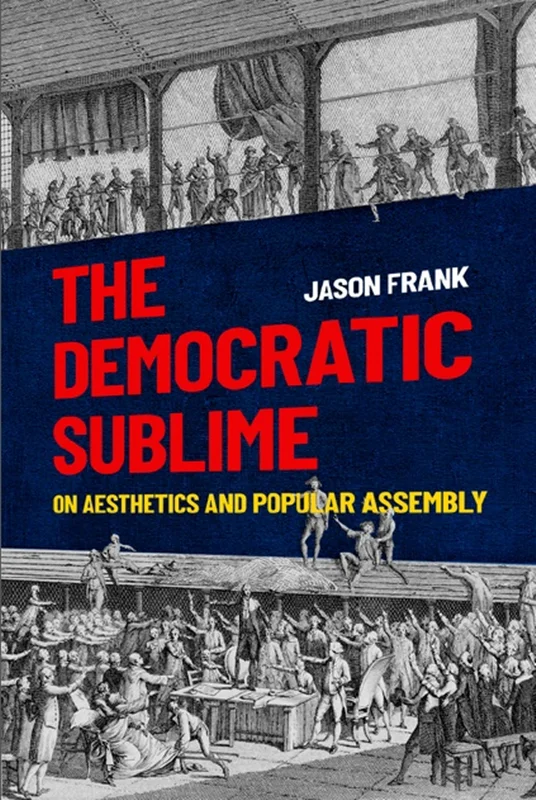والای دموکراتیک: درباره زیبایی شناسی و مجامع مردمی
The Democratic Sublime: On Aesthetics and Popular Assembly | Jason Frank | ISBN: 0190658169, 0190658150, 978-0190658168, 978-0190658151, B08XQVG9T5
سال انتشار: 2021
تعداد صفحات: 272
زبان فایل: انگلیسی
فرمت فایل: pdf
حجم فایل: 27MB
ناشر: Oxford University Press
The transition from royal to popular sovereignty during the age of democratic revolutions--from 1776 to 1848--entailed not only the reorganization of institutions of governance and norms of political legitimacy, but also a dramatic transformation in the iconography and symbolism of political power. The personal and external rule of the king, whose body was the physical locus of political authority, was replaced with the impersonal and immanent self-rule of the people, whose power could not be incontestably embodied. This posed representational difficulties that went beyond questions of institutionalization and law, extending into the aesthetic realm of visualization, composition, and form. How to make the people's sovereign will tangible to popular judgment was, and is, a crucial problem of democratic political aesthetics. The Democratic Sublime offers an interdisciplinary exploration of how the revolutionary proliferation of popular assemblies--crowds, demonstrations, gatherings of the "people out of doors"--came to be central to the political aesthetics of democracy during the age of democratic revolutions. Jason Frank argues that popular assemblies allowed the people to manifest as a collective actor capable of enacting dramatic political reforms and change. Moreover, Frank asserts that popular assemblies became privileged sites of democratic representation as they claimed to support the voice of the people while also signaling the material plenitude beyond any single representational claim. Popular assemblies continue to retain this power, in part, because they embody that which escapes representational capture: they disrupt the representational space of appearance and draw their power from the ineffability and resistant materiality of the people's will. Engaging with a wide range of sources, from canonical political theorists (Rousseau, Burke, and Tocqueville) to the novels of Hugo, the visual culture of the barricades, and the memoirs of popular insurgents, The Democratic Sublime demonstrates how making the people's sovereign will tangible to popular judgment became a central dilemma of modern democracy, and how it remains so today.

